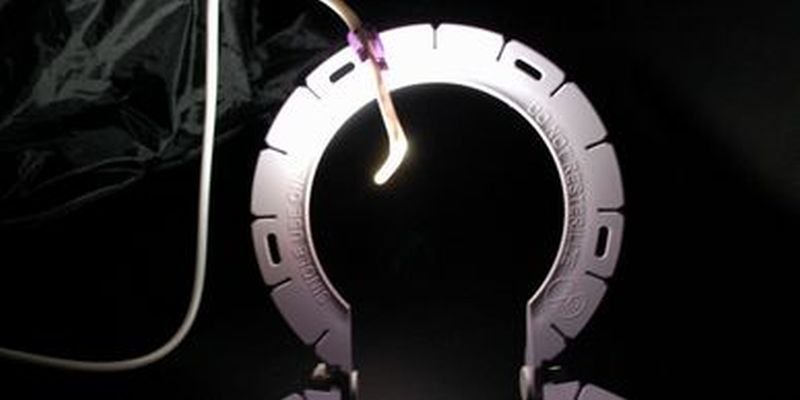Each year, medical innovations occur both within and beyond the public eye. While some – most notably, the rapid development of several key vaccines throughout 2020 and 2021 – are given plenty of attention within mainstream reporting, others experience a much quieter – though no less momentous – entrance into specialised usage.
Keep reading to discover a little more about some of the most ground-breaking innovations within the medical world to come from recent years, and why they will play such significant roles within the future of this essential discipline.
1. Ultracold Storage
 The medical world was forced to enter into a new era with unprecedented speed due to the Covid-19 pandemic, and the major adjustments it demanded from innovators working within the field. One of the most notable is the use of ultracold storage (below -40°C), and our ability to make such temperatures possible during transportation to facilities that were not necessarily equipped for it.
The medical world was forced to enter into a new era with unprecedented speed due to the Covid-19 pandemic, and the major adjustments it demanded from innovators working within the field. One of the most notable is the use of ultracold storage (below -40°C), and our ability to make such temperatures possible during transportation to facilities that were not necessarily equipped for it.
Now, its potential applications already extend far beyond the storage of Covid-19 vaccines, and offer new potential for the entire medical world going forward. From the storage of vital Ebola vaccines to offering boosters for SARS-CoV-2 each and every year, ultracold storage is anticipated to become a staple within medical facilities around the world.
2. The Self-Retaining Retractor
 Medical innovations can be divided into two categories – those that deploy the latest technologies within the medical world in order to create something entirely new, such as AI, and those that are borne of decades or, at times, centuries of work, improvement and progress and stand as paradigms of the power of collective thought and creativity.
Medical innovations can be divided into two categories – those that deploy the latest technologies within the medical world in order to create something entirely new, such as AI, and those that are borne of decades or, at times, centuries of work, improvement and progress and stand as paradigms of the power of collective thought and creativity.
The modern self-retaining retractor by June medical is testament to the latter, by virtue of the creators’ abilities to build upon the progress made on its predecessor, the Lone Star Retractor. Now, owing to the advancements made by the team at June Medical, surgeons can utilise the very cutting-edge of self-retaining technology and make single-handed, precise adjustments to the retention offered by this device.
As a result, ORs will come to rely on far fewer personnel in the coming years, ensuring that this seemingly small addition to surgery will play a pivotal role in creating a safer and more hygienic environment for patients, and their operating surgeons.
3. Artificial Intelligence
 There are countless opportunities for the deployment of artificial intelligence, both within everyday life, and highly specialised niches, such as those found within the medical world.
There are countless opportunities for the deployment of artificial intelligence, both within everyday life, and highly specialised niches, such as those found within the medical world.
Perfecting artificial intelligence for medical practitioners and healthcare providers is a feat that can only be achieved by the collective intellect and proficiency of developers across the globe. From utilising this still-new technology as an aid to diagnostics teams, to perfecting robot-assisted surgery as a complement to the skills and weaknesses of human surgeons, the coming years will no doubt come to represent a pivotal moment in the as-of-yet brief history of artificial intelligence, and the incredibly long history of medicine.
There are, of course, many more innovations occurring at this very moment across the medical world, and we can anticipate a new era for this industry as we emerge from the trials of 2020 with new understandings, techniques and processes by our side.
Article Submitted By Community Writer




